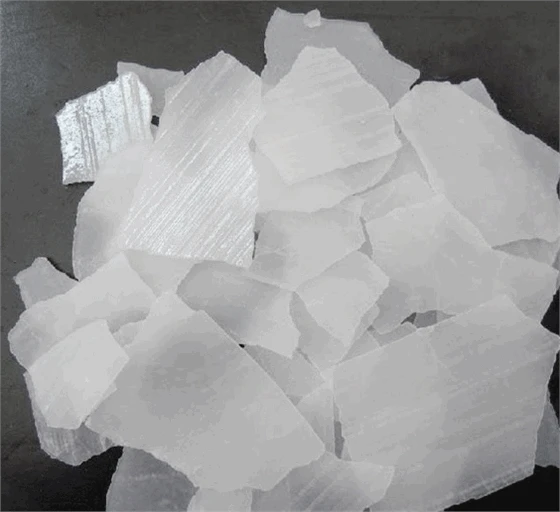



pool water treatment
Pool Water Treatment Ensuring Safe and Enjoyable Swimming
Swimming pools are a centerpiece of relaxation and recreation, particularly during the warm months. However, ensuring that this body of water remains clean and safe for swimmers is paramount. Proper pool water treatment is essential to maintain crystal clear water, prevent the growth of harmful bacteria and algae, and enhance the overall swimming experience. In this article, we will discuss the fundamental aspects of pool water treatment, including water chemistry, filtration systems, and maintenance practices.
Understanding Water Chemistry
At the core of effective pool water treatment is a proper understanding of water chemistry. Regular testing of the water is crucial to determine the balance of various chemical components. The key parameters to monitor include pH, chlorine, alkalinity, and calcium hardness.
1. pH Level The pH scale ranges from 0 (very acidic) to 14 (very basic), with 7 being neutral. For pools, the ideal pH range is typically between 7.2 and 7.8. Maintaining the correct pH balance is vital as it affects the efficacy of chlorine, increases swimmer comfort, and prevents scale formation and corrosion of pool equipment.
2. Chlorine Chlorine is a powerful disinfectant used to kill bacteria and other pathogens in pool water. The recommended free chlorine level ranges from 1 to 3 parts per million (ppm). Regular chlorination can be achieved through liquid chlorine, chlorine tablets, or saltwater systems, with each method having its advantages and challenges.
3. Alkalinity Total alkalinity acts as a buffer for pH levels and should be maintained between 80 and 120 ppm. If alkalinity is too low, pH levels can fluctuate dramatically, while high alkalinity can lead to cloudy water and difficulty in adjusting pH.
4. Calcium Hardness The right level of calcium hardness is important to prevent water from becoming corrosive. Ideally, it should be maintained between 200 to 400 ppm. Low calcium levels can lead to etching of plaster and damage to equipment, while high levels can result in scale buildup.
Filtration Systems The Heart of Pool Maintenance
A filtration system plays a critical role in keeping pool water clean by removing debris, dirt, and impurities
. There are several types of filtration systems to consider1. Sand Filters These are the most common types of filters that use sand as the filtration medium. They are effective at trapping larger particles and require backwashing periodically to remove trapped contaminants.
pool water treatment

2. Diatomaceous Earth (DE) Filters DE filters offer a high level of filtration, capturing tiny particles that sand filters might miss. They utilize diatomaceous earth, a natural substance, to trap debris and provide clearer water.
3. Cartridge Filters These filters are user-friendly and require less maintenance compared to sand and DE filters. They use replaceable cartridges that can filter smaller particles, but they may need to be cleaned more frequently.
Regular operation of these systems is essential; typically, it is recommended to run the filter for at least 8 to 12 hours a day to ensure optimal circulation and cleanliness.
Maintenance Best Practices
In addition to chemical balancing and filtration, a few maintenance practices can further improve pool water quality
- Regular Cleaning Skimming the pool surface, brushing walls, and vacuuming the pool floor helps eliminate debris and algae buildup.
- Shock Treatment Periodically shocking the pool involves adding a large dose of chlorine to quickly raise levels and eliminate contaminants, especially after heavy usage or rain.
- Maintain Water Levels Keeping the proper water level is important for efficient skimming and filtration. Evaporation and splash-out can lead to low water levels, which hinder the performance of the pool system.
- Monitor Environmental Factors Factors such as sunlight, rainfall, and debris can affect water quality, so adjustments may be necessary depending on external conditions.
Conclusion
Pool water treatment is integral to maintaining a safe and enjoyable swimming environment. By understanding water chemistry, utilizing appropriate filtration systems, and adhering to regular maintenance practices, pool owners can ensure that their pools remain clean, safe, and inviting all season long. Investing time and resources in proper pool care not only enhances the swimming experience but also prolongs the lifespan of the pool and its equipment.
-
Why Sodium Persulfate Is Everywhere NowNewsJul.07,2025
-
Why Polyacrylamide Is in High DemandNewsJul.07,2025
-
Understanding Paint Chemicals and Their ApplicationsNewsJul.07,2025
-
Smart Use Of Mining ChemicalsNewsJul.07,2025
-
Practical Uses of Potassium MonopersulfateNewsJul.07,2025
-
Agrochemicals In Real FarmingNewsJul.07,2025
-
Sodium Chlorite Hot UsesNewsJul.01,2025










